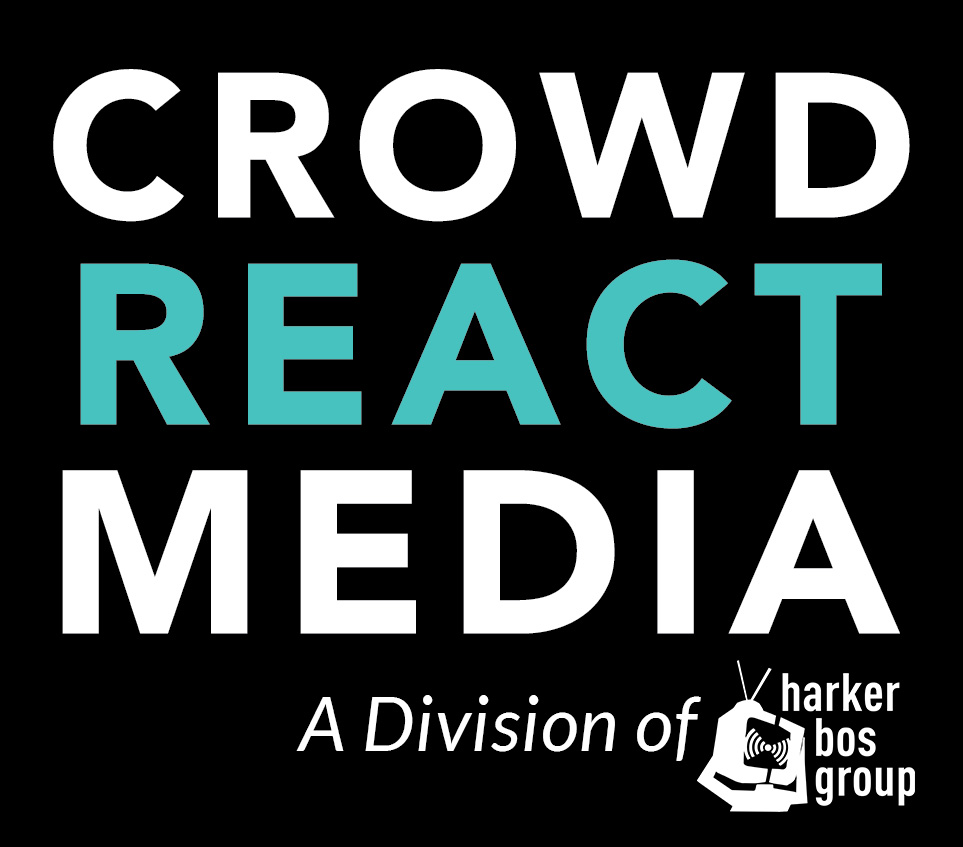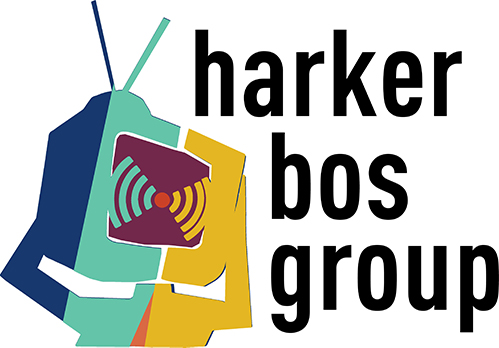Weekly Roundup – Week of April 17th, 2023
Sports Media & Sports Betting News
Endless Gambling Ads Have Become The Scourge Of Sports Podcasts
"Fast forward to 2023, and sports gambling is everywhere. And I mean everywhere. Sports betting is now legal in 35 states, with some form of mobile, online betting permitted in 25 states. Legalization legalizing sports gambling in more states is likely on the way. Even if you live in a state where it's currently illegal, sports gambling is still unavoidable in the media landscape, more so than I could've even imagined eight years ago.
The rapid legalization of sports gambling over the past four years triggered a gold rush as major players like FanDuel and DraftKings — the erstwhile daily fantasy shops — and traditional casinos like Caesars, and MGM fight for market share in sports gambling. Nearly every league, broadcast, and team has some partnership with a gambling shop. Less than a decade ago, these same entities treated sports gambling as a topic you just didn't talk about for all the obvious moral and integrity reasons. But once the dollars started flowing, we went from complete prohibition to come-one, come-all carnival barking.
The gambling boom is most unavoidable on podcasts. Freaking. Podcasts. It is nearly impossible to find a major sports show that doesn't have a gambling app as either an advertiser or as its presenting sponsor. That means the hosts are hawking special sign-on deals (get $20 in free bets!), or special bets (the odds are boosted for our listeners!), or doing ad reads about making the games more interesting...via gambling. And you know what? It worked on me. I'd never gambled on sports before, but after listening to ad after ad on my favorite podcasts, I gave in. It's not something I've done often. I've placed $5-10 wagers here and there, just to see. But still: I was influenced.
Because gambling is a dangerous hobby if you're not responsible, the warnings, hotline numbers, and legal compliance readings on these podcasts are as endless as the ads themselves. These companies want you to start risking your cash, but they're also legally obligated to remind you it can lead to financial ruin so, you know, get help if you need it. That means the hosts have to power through blocks of legalese and endless phone numbers for state-specific gambling help-lines."
The NBA's Media Future Could Be Decided By A Bitter CEO Rivalry
"When its next cycle of long-term media rights begins with the 2025-26 season, the NBA will seek a combined $50 billion to $75 billion.
During an exclusive negotiating period next year, the Walt Disney Co.’s ESPN and Warner Bros. Discovery Sports’ TNT will defend their rights that go back to 2002 and 1984, respectively. But a familiar heavyweight could step in later — and a decades-long feud between executives could be central to the battle.
The Peacock has a deep connection to the $10 billion league. Its 12-year run with “The NBA on NBC” from 1990-2002 is fondly remembered as a golden age for basketball broadcasting.
Iconic announcers like Bob Costas and Ahmad Rashad brought Michael Jordan and the late Kobe Bryant into millions of homes. Games were introduced to the pounding score of John Tesh’s “Roundball Rock,” one of the most popular sports themes ever.
Now, Comcast’s NBCUniversal wants an NBA package including playoff games for its broadcast network and regular-season games for its Peacock streaming platform, according to CNBC.
That means the stars could align for a WWE-like rematch between Comcast chairman/CEO Brian Roberts and his nemesis, Disney CEO Bob Iger — who has won most of their battles."
Why The Commanders Are Selling For $6 Billion Despite Struggles And Scandals
"Since beating the Buffalo Bills in Super Bowl XXVI on Jan. 26, 1992, Washington hasn’t, to be polite, spent much time among the NFL’s elite, well-regarded teams.
In fact, the team is a mess, and its reputation and that of its current owner are in tatters.
So how in the world is it selling for $6 billion? After all, the Denver Broncos, who’ve been to four Super Bowls and won three since Washington was last in The Big Game, sold last year for $4.65 billion.
Many factors drive the sale price of a sports team, but ultimately its true worth is what someone is willing to pay for it — and several tycoons with 10 digits (or more) to their name were ready to pony up for the Commanders. The motivation to spend so much, even on a ragamuffin franchise, may vary depending on the individual and their goals.
Businessman Daniel Snyder, 58, bought the then-Redskins from the estate of the late Jack Kent Cooke in 1999 for a reported $800 million and the ensuing years haven’t exactly brought Washington much glory — mediocrity and scandals are more closely connected to the Commanders and Snyder than winning and superstar players.
Yet Snyder bought into the NFL at the right time. Over the next couple of decades, the NFL would cement its place as the nation’s most powerful television property, and the league’s shared revenue business structure meant the gargantuan media rights deals would bathe every owner in new money regardless of how well or poorly their team performed.
The NFL currently commands around $115 billion in long-term media rights deals with the major TV networks and tech giants, including Amazon and Google’s YouTube TV, through 2033. And with the declines in overall TV viewership, the NFL’s continued dominance helps overall team values."
News & Political Media News
Trump Leads DeSantis In Our New 2024 Republican Primary Polling Average
"Today, FiveThirtyEight is launching our national polling average for the 2024 Republican presidential primary. It shows former President Donald Trump receiving 49.3 percent of the national vote and Florida Gov. Ron DeSantis (who has not officially entered the race) receiving 26.2 percent. Former Vice President Mike Pence, another potential candidate, is at 5.8 percent, while declared candidate and former UN Ambassador Nikki Haley is at 4.3 percent.
Some people will say that national primary polls aren’t important because there is no national primary (just a series of state-by-state contests). Others will tell you it’s too early — more than nine months away from the Iowa caucuses — to put much stock in polls. But we think there’s value in a national polling average, even (especially?) this early: According to our research, national primary polls conducted the year before the election are reasonably predictive of the eventual nominee.
Specifically, when candidates are polling above about 30 percent nationally, they have historically had a decent chance of becoming the nominee. That chance increases the higher their polling numbers are. On the flip side, though, candidates with polling below around 20 percent have been pretty unlikely to win, and those polling below 10 percent are usually doomed.
It’s important to note that our polling averages are not a forecast; they are a backward-looking description of what the polls have said, not a forward-looking prediction of the final vote. But right now, the averages imply that Trump is favored to win the nomination, and DeSantis has a decent chance too. Haley and Pence are longer shots."
Spotify Courts Broadcasters To Convert Radio Shows Into Podcasts
"Spotify is targeting radio broadcasters with its latest product update that will make it easier to covert radio shows into on-demand podcasts and offer a new source of ad revenue on existing content.
Beginning Thursday, Spotify’s “broadcast-to-podcast” technology will be fully integrated into Megaphone, the podcast ad tech and hosting platform that Spotify acquired in late 2020. The radio-to-podcast conversion technology itself comes from the Australian podcasting platform Whooshkaa, which was purchased by Spotify in 2021.
Using Megaphone, publishers will be able to input the URL to a live stream of their broadcasted content and automatically have a podcast created from that programming, according to Emma Vaughn, Spotify’s global head of advertising business development and partnerships. The “broadcast-to-podcast” tech will identify ad marker locations, giving publishers the opportunity to remove the ads that were originally aired on the live version of the program and dynamically insert new ad spots in their place, resulting in more revenue."
Can The Industry And Congress Keep AM Radio In The Dashboard?
"Facing an existential moment in the 100-year history of the medium, AM broadcasters are banding together, calling on allies in Congress, and enlisting listener support to preserve their place in the automobile. The heads of 10 state broadcasting associations have formed a Dashboard Subcommittee within the National Alliance of State Broadcasters Associations (NASBA) to slow or stop the removal of AM radio from the dashboard. The two-week old group is working on multiple fronts including fact finding, education and advocacy.
“Our AM general managers and owners are extremely concerned about this issue,” says Jordan Walton, head of the Massachusetts Broadcasters Association and a member of the Dashboard Subcommittee.
Among its first actions is gathering information from member stations. A survey sent out two weeks ago asks stations to rate their concern about the removal of AM radio from EV and gas-powered vehicles.
The plan is to use the results to inform the radio industry dialogue with the auto industry and Congress on the prickly subject. The subcommittee expects the survey results to reinforce the position of the nation’s 4,500+ AM stations that online streams and FM translators are not a sufficient substitute for AM radio.
Response has been swift. Within hours of sending the survey out, the subcommittee received more than 200 responses. That number exceeded 400 on Friday and completed surveys continue to roll in.
...
The AM-automotive issue has been bubbling for some time as high-end automakers began to exclude AM receivers from their electric vehicles. Some 20 state broadcast associations took the topic to Capitol Hill in early March as part of the 2023 NAB State Leadership Conference. But when Ford disclosed in mid-March that it is phasing out AM radio in “most new and updated models,” it was the shot heard around the industry. “That caused everybody to go, ‘Oh, man! We’ve got to do something here,’” Walton says.
Most of the eight automakers that have decided to drop AM radio from some of their models, mostly EVs, have cited interference with AM radio reception caused by electric motors. Automakers have noted that AM radio programming is often available through other means in the car, such as FM translators, online streams and HD Radio side channels. But AM radio operators say FM translators aren’t as far reaching as the main AM signal and the internet isn’t always dependable in an emergency. “In my area, we reference the Boston Marathon Bombing, we reference 9/11 and how cell towers were clogged and it was difficult to provide information via the internet,” Walton points out."
Recent Blogs from Crowd React Media & Harker Bos Group
HBG Media Minute: Shifting Trends In Car Radio Usage
Read Katie Miller's latest entry in HBG's Media Minute series, in which she tracks data on the in-car usage of streaming radio vs. over-the-air radio. She then provides five suggestions on how stations can act on these findings today.


